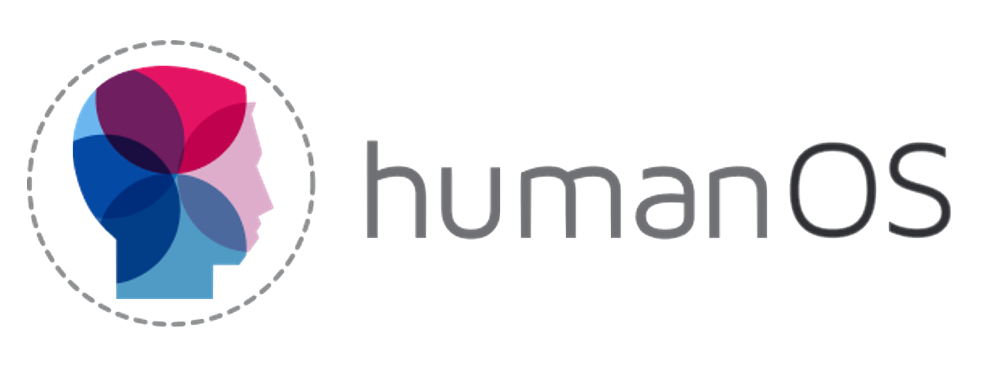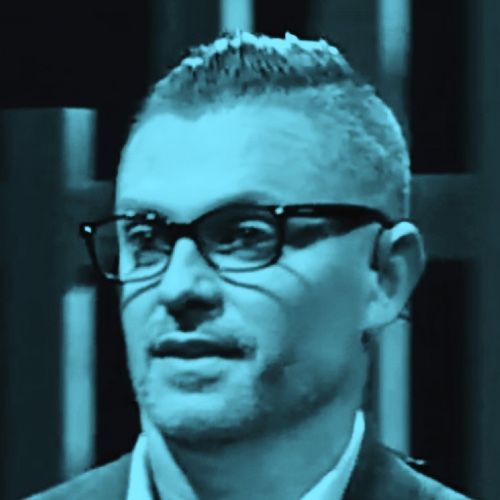#013 - New Discovery Could Mean Better, Next-Generation Sleep Drugs - Professor Luis de Lecea
Why is it that when you’re binge watching your favorite new series on Netflix, you can stay up for hours past your normal bedtime - even if you were tired before you started watching? On the other hand, if you weren’t being entertained or captivated by a game or puzzle, you’d be much more likely to be lulled to sleep at that time. Indeed, sleep and goal-directed behaviors are mutually exclusive: you can’t do both at the same time. While this relationship is intuitively clear, for the first time, scientists at Stanford have clarified the circuitry between the brain’s reward and arousal systems.
In the latest episode of humanOS Radio, Dan speaks with Luis de Lecea, Professor of Psychiatry and Behavioral Sciences at Stanford University School of Medicine. Recently, he and his colleagues published a study in the prestigious journal Nature demonstrating that dopamine neuron activity (in the ventral tegmental area of the brain) is necessary in order to be awake. Furthermore, when they inhibited these neurons, there were able to promote what seemed like natural, healthy sleep.



